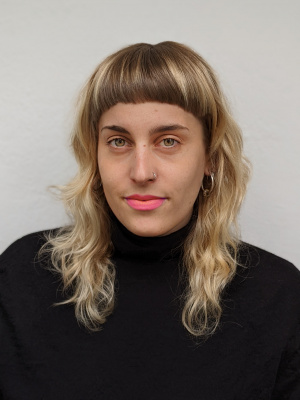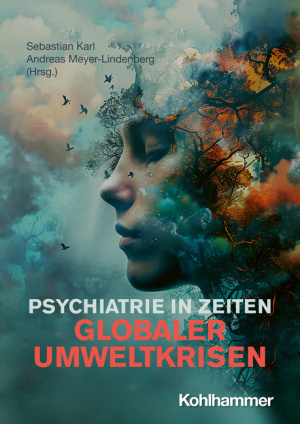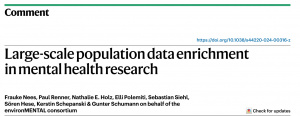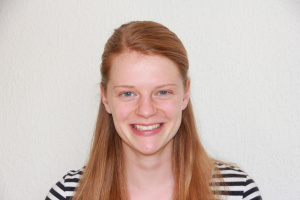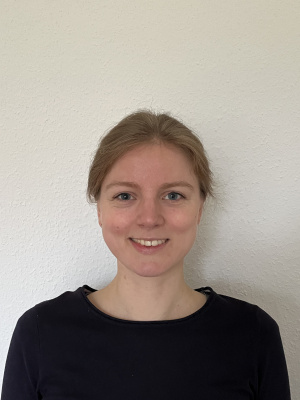Super User
This is my user desription. Lorem ipsum dolor sit amet, consetetur sadipscing elitr, sed diam nonumy eirmod tempor invidunt ut labore et dolore magna aliquyam erat, sed diam voluptua. At vero eos et accusam et justo duo dolores et ea rebum. Stet clita kasd gubergren, no sea takimata sanctus est Lorem ipsum dolor sit amet. Lorem ipsum dolor sit amet, consetetur sadipscing elitr, sed diam nonumy eirmod tempor invidunt ut labore et dolore magna aliquyam erat, sed diam voluptua. At vero eos et accusam et justo duo dolores et ea rebum. Stet clita kasd gubergren, no sea takimata sanctus est Lorem ipsum dolor sit amet.
Nathalie Holz
Nathalie Holz is a Professor of Developmental Neuroscience at the Central Institute of Mental Health (CIMH). She earned her PhD in 2015 from the Medical Faculty of Mannheim/Heidelberg University. Following her doctoral studies, she became Co-Head of a research group and established her own research group in 2018 within the Department of Child and Adolescent Psychiatry and Psychotherapy at CIMH.
She pursued postdoctoral research at the Donders Institute for Brain, Cognition, and Behaviour in Nijmegen as a Radboud Excellence Initiative Research Fellow (2021–2023). Additionally, she held a postdoctoral position at the Institute of Medical Psychology and Medical Sociology, University Medical Center Schleswig-Holstein, Kiel University, from 2022 to 2023.
Maja Neidhart
Maja Neidhart is a PhD student at Charité University Clinic Berlin and a research assistant at the Central Institute of Mental Health in Mannheim and Institute of Medical Psychology and Medical Sociology, University Medical Center Schleswig-Holstein working within the EU-project „environMENTAL“. She has bachelor degree (B.A.) from IB Hochschule Berlin in applied psychology and a master degree in psychology (M.Sc.) from University of Cologne.
Karina Janson
Karina Janson is a doctoral researcher at the Central Institute of Mental Health (CIMH) in Mannheim, working within the Clinical Neurophysiology and Child and Adolescent Psychology research group. She holds a bachelor's degree in psychology (B.Sc.) from the University of Mannheim and a master's degree in Cognitive Science (M.Sc.) from the Technical University of Kaiserslautern.
From 2018 to 2022, she worked as a research associate at the CIMH, where she was involved in studies on stepped-care approaches for ADHD treatment across the lifespan and on optimizing prevention and therapeutic strategies for affective dysregulation. Additionally, she has teaching experience in Medical Psychology and Sociology at the Medical Faculty Mannheim, University of Heidelberg (2022-2023).
Her earlier research experience includes a research internship at the Otto-Selz Institute, Mannheim, focusing on clinical psychological diagnostics (2016), and work as a student assistant at the CIMH in child and adolescent psychology (2016-2018).
Since May 2024, she has been working at the Institute of Medical Psychology and Medical Sociology (IMPS) in Kiel.
Book Chapter in "Psychiatrie in Zeiten globaler Umweltkrisen
Summary
Nature connection and biodiversity play an essential role in mental health and overall well-being. Integrating these elements into therapeutic approaches shows promise for enhancing mental health. This chapter presents theories that emphasize the significance of nature experiences and biodiversity for mental health and provides current data sources on environmental factors relevant to clinical practice. Deteriorating mental health, now the leading cause of disease burden in high-income countries, appears linked to increased urbanization and separation from nature. Studies indicate that living near or frequently accessing natural areas positively impacts mental health, with biodiversity playing a key role.
Research on "green spaces" (urban parks) and "blue spaces" (waterfront areas, such as wetlands and coasts) reveals psychological health benefits, like stress reduction. A growing body of studies also explores nature-based activities like gardening and walking in therapeutic interventions for anxiety and depression, suggesting that incorporating biodiversity into mental health treatment may be beneficial.
These insights offer innovative therapeutic strategies, potentially reducing the need for medication and its side effects. The chapter explores how to translate these findings into clinical practice, especially given the current climate crisis, which exacerbates mental health issues and diminishes biodiversity. Expanding nature-based interventions, even as climate change progresses, is increasingly vital for both treatment and preventive care. However, more research is needed to deepen theoretical understanding and refine clinical applications.
Read more here in the book "Psychiatrie in Zeiten globaler Krisen".
Comment in Nature Mental Health
Summary
This comment explores new approaches to enrich large-scale population data, including incorporating macro-environmental and digital health measures.
Large population cohorts have transformed biomedical research by providing data for a wide range of physical and mental health conditions. Mental health investigations analyzing population data are often limited by restricted behavioral and psychopathological assessments, a necessary consequence of the broad coverage of large cohorts. Here we propose ways to enrich existing large cohort datasets with macro-environmental information and enhance them using digital health tools. This strategy enables refined mental health investigations in real life conditions, taking the effects of global environmental challenges on brain and behavior into acount.
Read more here in Nature Mental Health.
Rieke Aden
Rieke Aden has been working as a research assistant at the Institute of Medical Psychology and Sociology at the University Medical Centre Schleswig-Holstein since the beginning of 2024. She studied psychology (B.Sc. and M.Sc.) at Kiel University. During this time, she worked as a student and research assistant in clinical psychology. In spring 2024, she began training as a psychotherapist specializing in systemic therapy.
Beke Seefried
Since 2024, Beke Seefried is a researcher at the Institute of Medical Psychology and Medical Sociology, University Medical Center Schleswig-Holstein. She has a degree in Mathematics and Language Sciences from the University of Bremen. During her studies, she worked as a student assistant in several linguistic research projects and focused on interdisciplinary approaches and data processing.
FAQ 15 - How can I use the route tracking or update information?
How can I use the route tracking or update information?
![]()
FAQ 14 - How can I submit information about My Day on a daily basis?
How can I submit information about My Day on a daily basis?
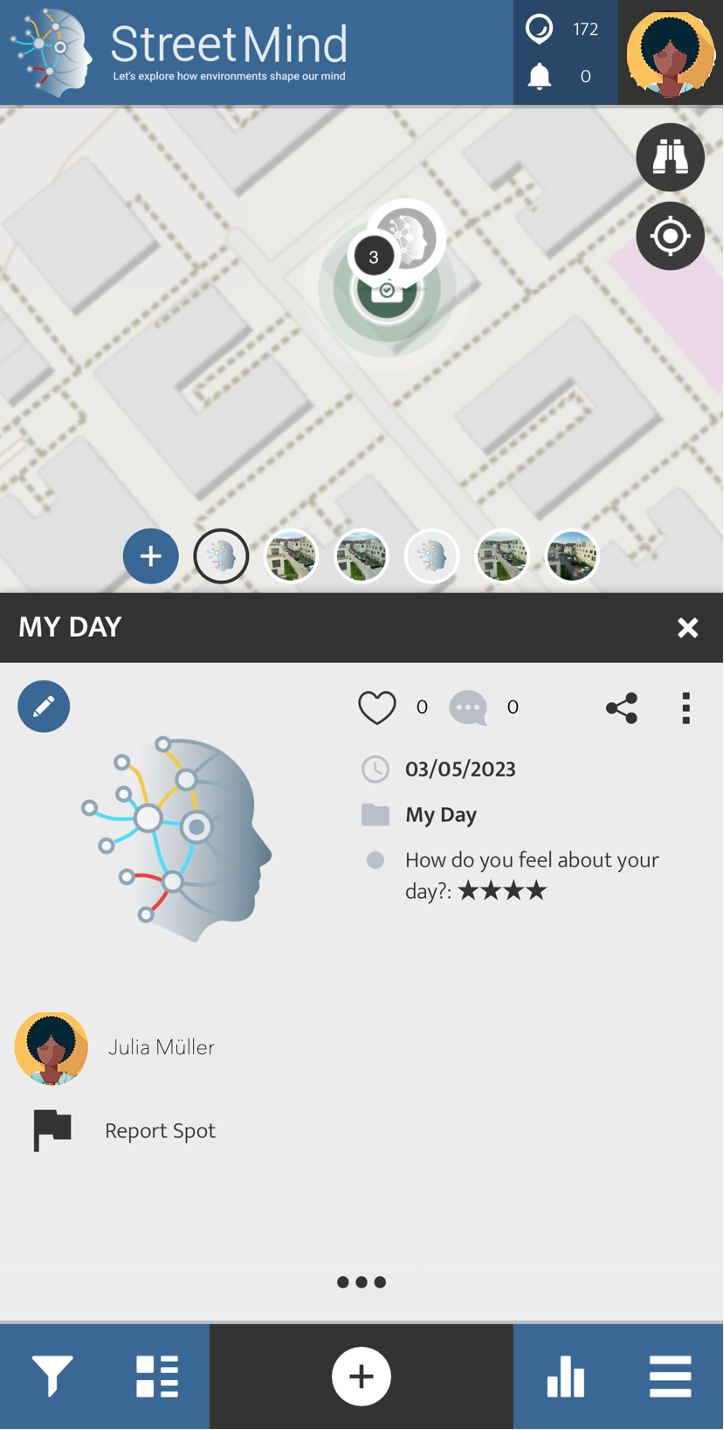

FAQ 13 - How can I draw My Route?
How can I draw My Route?
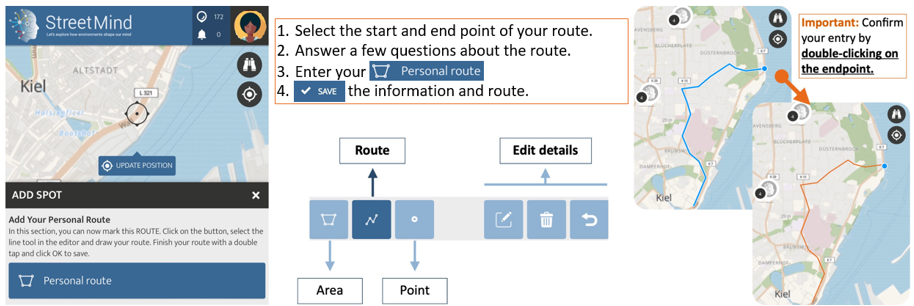
This website uses no external trackers, no analytics, just session cookies and values your online privacy.


